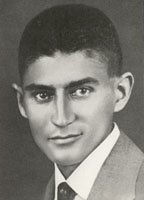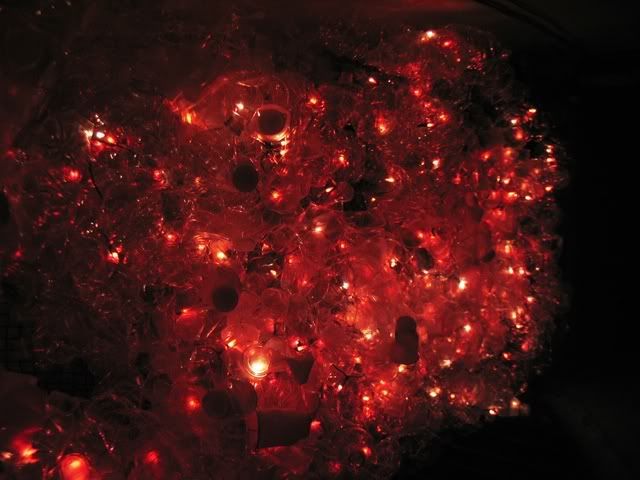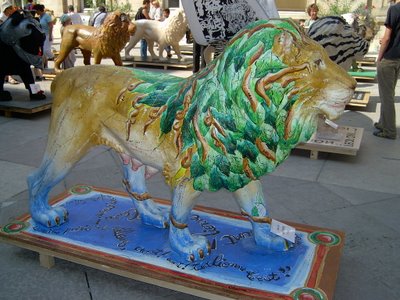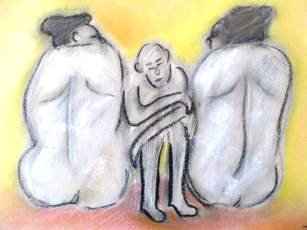The Magical Ship
I stared up at that wonderful, marble deck
saw myself standing up beside the captain
felt my skin tingle with the salt of adventure
a heavy suitcase but a light and stirred heart
they called out names and cheers went up
the lucky ones slipped on the shiny gangway
then the engines panted, billowing smoke
the brief list was left to ride on the breeze
the magical ship is setting sail without me
the wrong money? few cabins? no skills?
a gentle man turned to offer some comfort
look over there, breaking out of the horizon
it's another big ship, on a different voyage
with just as much space in its golden cabins
and if it's not that one, there will be another
there's no shortage of these magical ships
If you haven't guessed already, I had a response today from Macmillan New Writing. Needless to say that that particular magical ship has set sail without me. I had to mention this here because I'd built you all up to expect an answer. But hey, as the poem says, just over there is something else breaking out of the horizon. I've already sent off a mail to another possible publisher and I will now crank up the approaches.
I've decided to publish here, in full, the nice rejection letter that MNW sent me. It is a standard one, but better than most that publishers or agents send out. It also attempts to make you feel that maybe it wasn't your fault. Nice touch.
Dear Mr XXXXXX,
Thank you for sending us your novel. This has now been read and given due consideration, however I regret we are unable to accept the work you sent us for publication.
Macmillan receive many thousands of manuscripts every year so unfortunately it is not possible to respond personally to every author.
Because we receive so many mss and are able to publish only a small percentage, rejection does not automatically imply anything about the quality of the work we are unable to use.
There are many reasons why a book may not suit our lists. We may have other, similar material in production, we may be oversubscribed with good submissions during this season, we may have decided not to publish books on certain themes, etc.
Unless you have asked us to return a typescript manuscript to you, we will now permanently delete any electronic files we have relating to your book.
Thank you for contacting us, and good luck with your writing.
Michael Barnard
Publisher, Macmillan New Writing
I will be back on the wharf tomorrow, bright and early, waiting for that next gangway!





























































